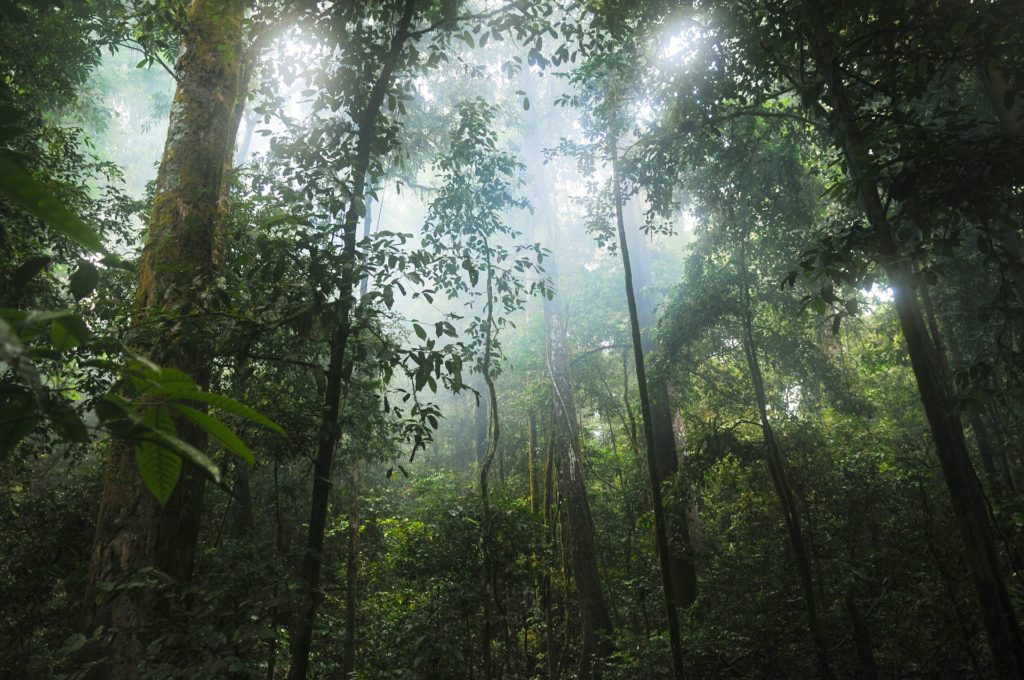Living Life with an Intense Mind A Letter from the Editor for Issue Nine
Editor in Chief Jessie Mannisto introduces our new editors, invites you to take a survey, and highlights the issue’s theme of exploring that thing we (reluctantly) call giftedness.






